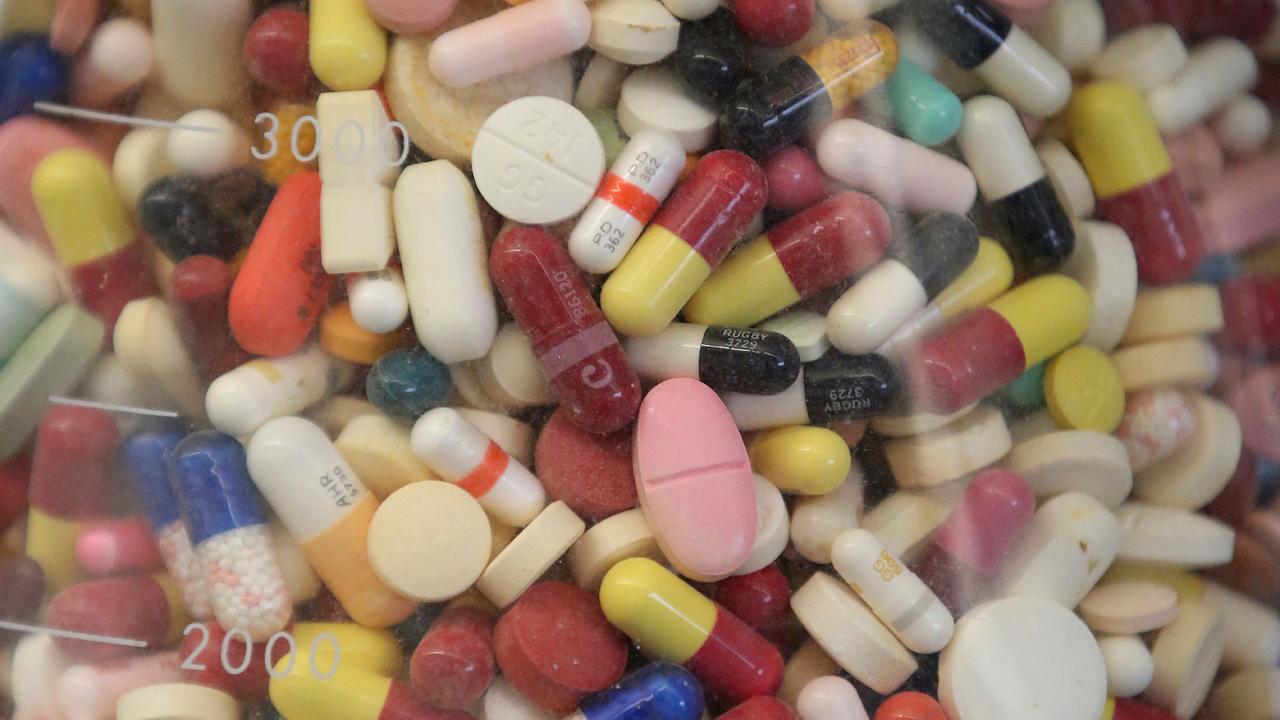Large drug distributor settles with Trump admin over allegations it helped fuel opioid epidemic
Rochester Drug-Cooperative Inc. on Tuesday settled with the Department of Justice for violating U.S. law and failing to report thousands of suspect orders for controlled substances, the first drug distributor to face federal charges linked to the opioid epidemic.
The company agreed to pay a $20 million fine over five years and will undergo three years of compliance monitoring, it said in a statement. The company can continue to ship controlled substances. Meanwhile, a criminal suit against former Rochester Drug-Cooperative (RDC) executives continues.
“One element of the opioid epidemic is a dramatic increase in the volume of prescriptions for opioids and all narcotics,” said RDC spokesman Jeff Eller. “With that dramatic volume increase came an increase in our business, resulting in an increase in orders we should have identified as suspicious order, which we failed to report."
Rochester, along with Cardinal Health, McKesson Corp. and other large drug distributors, are facing increasing legal pressure in states like New York and Vermont over their role in the crisis that has claimed more than 400,000 lives in the past two decades.
By law, those firms are required to report suspicious order activity, including those that exceed order limits.
RDC, however, notified the Drug Enforcement Administration of just four of more than 2,000 suspect orders between May 2012 and November 2016, according to the DOJ's suit.
"RDC dispensed controlled substances to pharmacy customers that its own compliance department had concluded displayed 'red flags' associated with diversion of controlled substances," the company said in a statement of facts. "During the same period, RDC made false statements to the DEA regarding its program for maintaining controls against the diversion of controlled substances."
Shipments of oxycodone, for example, grew from 4.7 million tablets in 2012 to 42.2 million in 2016, RDC says. In the same time frame, sales of controlled substances grew to $1.2 billion, 14.6 percent of the firm's total revenues. The increases helped to bolster salaries for former executives by the hundreds of thousands of dollars.
| Ticker | Security | Last | Change | Change % |
|---|---|---|---|---|
| MCK | MCKESSON CORP. | 948.68 | -9.12 | -0.95% |
| CAH | CARDINAL HEALTH INC. | 226.32 | -0.86 | -0.38% |
The DEA views firms like RDC and McKesson as a key line of defense in the battle against the flood of prescription painkillers into the market. Vermont and other states, however, previously alleged that the companies violated that duty “through their willingness to uncritically supply whatever quantities of opioids pharmacies ordered.”
The decision to ignore order limits, or subsequently increase the threshold, helped the distributors to “profit from the rising tide of opioid misuse and abuse,” Vermont’s lawsuit against McKesson and Cardinal reads.
CLICK HERE TO GET THE FOX BUSINESS APP
Alongside drug distributors, manufacturers like Purdue Pharma are also facing increasing legal suits over their role in the opioid epidemic.
Purdue, a privately held company owned by the wealthy Sackler family, previously settled with the state of Oklahoma for $270 million over related allegations.
The New York Attorney General recently alleged that the company, which manufactures OxyContin, illegally transferred billions of dollars in profits to the Sacklers, claims that Purdue denies.




















